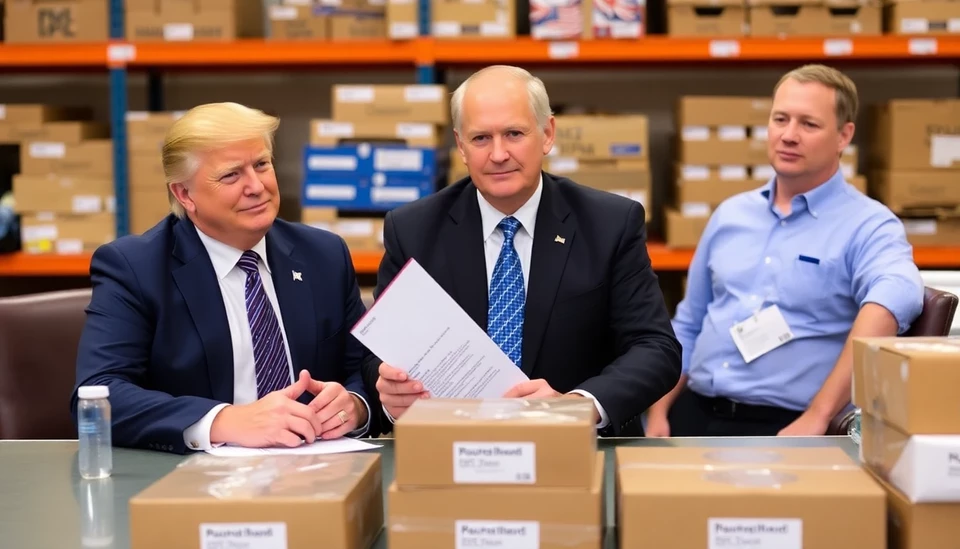
As we step into 2025, discussions surrounding tariffs and supply chain management are heating up, particularly with the anticipated return of former President Donald Trump to the political landscape. Experts and analysts are weighing in on how Trump's trade policy might affect the current economic climate, especially as he hinted at potentially reinstating tariffs that had been lifted post-2020.
The Trump administration famously employed tariffs on a variety of industries to protect domestic production and address trade imbalances, particularly with China. Observers are now anticipating whether Trump will reinstate these tariffs or introduce new ones, which could significantly reshape the logistics and operations of businesses across the globe. This potential shift comes at a time when companies are already adjusting to post-pandemic supply chain disruptions and rising costs.
In the background, the Biden administration’s trade policies have garnered mixed reviews, with some praising a more diplomatic approach while others argue it lacks the boldness required to compete with global economic giants. Consequently, the prospect of renewed tariffs under a revived Trump agenda could complicate negotiations that are currently taking place on various fronts.
The discussions have resonated deeply within the manufacturing and logistics sectors, which are keeping a close eye on how these policy changes might influence costs and product availability. Industry leaders are particularly concerned about the potential for escalating prices and supply chain instability should tariffs be reintroduced.
Strategies being employed by companies to navigate existing hurdles include diversifying supply sources, investing in automation, and exploring new market opportunities. However, the looming uncertainty regarding tariffs causes anxiety among supply chain professionals who are already dealing with fluctuating costs and complex international dealings.
Furthermore, Trump's team appears to be forging strong connections with the manufacturing sector, suggesting a collaborative effort to build support for future tariff reforms. This may indicate a potential pivot towards a more protectionist approach as businesses rally to align their interests with Trump’s return to a prominent political role.
As the year unfolds, stakeholders are advocating for clarity and stability regarding trade regulations, emphasizing the need for strategic policy-making that balances economic growth with international relationships. Enhancing the resilience of supply chains may necessitate innovative thinking and collaborative efforts, but uncertainty regarding tariffs continues to loom heavily over those efforts.
In summary, as Trump remains a dominant figure in U.S. politics and begins to shape his economic vision for the nation once again, the ongoing tariff debates promise to be a pivotal issue for businesses navigating a rapidly evolving landscape. It remains to be seen how these discussions will unfold and impact the future of both domestic and international trade.
#Trump #TradePolicy #Tariffs #SupplyChain #Economy #Manufacturing #Logistics #2025
Author: Rachel Greene




